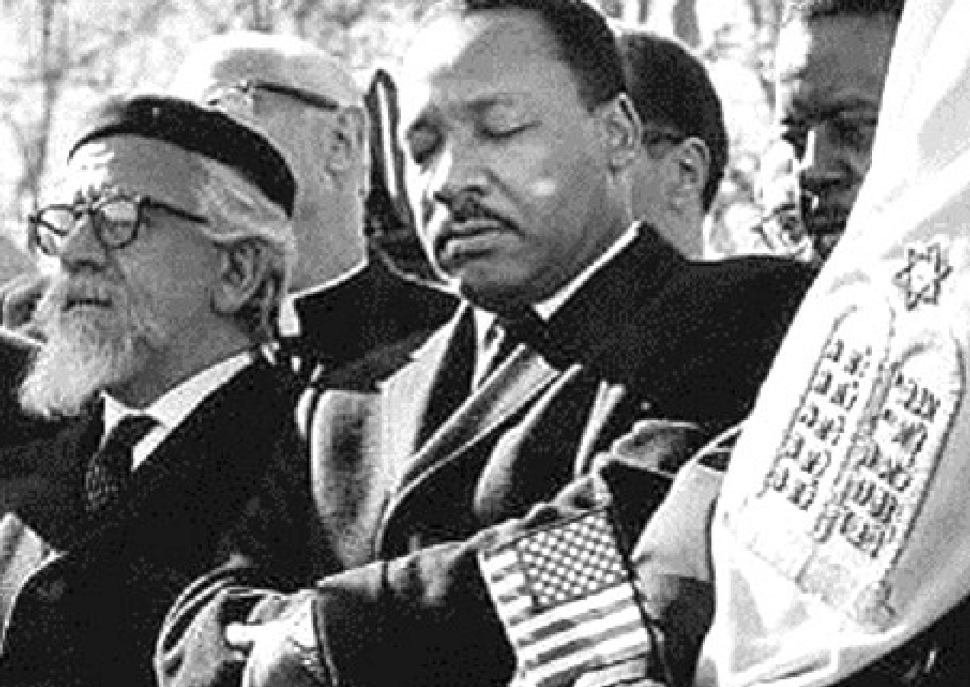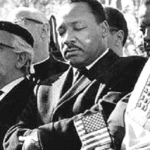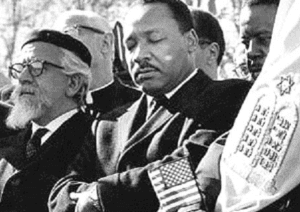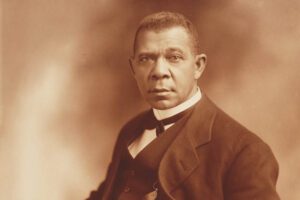By Dr. Mario D. Wallace
The history of the Transatlantic Slave Trade and the Holocaust reveal two of humanity’s darkest chapters, each a powerful testament to the consequences of dehumanization, systemic violence, and the societal scars that linger for generations. While separated by centuries and circumstances, the brutal legacies of these events share a common thread: the intentional and systematic destruction of cultural identity, family, and dignity.
Scale and Duration: Numbers and Years of Suffering
The Transatlantic Slave Trade began in the early 1600s and forcibly transported an estimated 12 million Africans across the Atlantic Ocean over three centuries. Unlike the Jewish Holocaust, which took place over a much shorter period (1933–1945), the slave trade lasted for more than 300 years. Africans were kidnapped, sold, and enslaved in the Americas, with generations subjected to harsh conditions and relentless oppression. In contrast, the Holocaust, while shorter in duration, saw six million Jews murdered in the space of just a few years, primarily in Nazi concentration camps.
The Jewish Holocaust unfolded with staggering brutality, and much like African slaves were transported in chains across oceans, Jews were taken to concentration camps in trains, where they faced inhumane living conditions, starvation, forced labor, and eventually mass execution. The end of the Holocaust in 1945 brought liberation to Jewish survivors, but their suffering echoed through generations, reshaping Jewish identity and collective memory. For Black Americans, however, freedom from slavery did not lead to liberation; rather, the period following the Civil War ushered in new forms of oppression, segregation, and systemic racism that persist to this day.
Cultural Erosion: Loss of Language, Religion, and Identity
Africans forced into slavery lost not only their freedom but also their cultural heritage. Their languages, tribal affiliations, religions, and traditions were stripped away by design. Slaveholders intentionally forbade Africans from speaking their native languages or practicing their traditional religions, instead forcing upon them European languages and Christianity. Over time, these separations from their cultures left African Americans with fragmented ancestral knowledge and a reconstructed sense of identity.
Jews, similarly, saw the targeting of their identity and cultural heritage. Nazi Germany sought to erase Judaism and Jewish identity, destroying synagogues, sacred texts, and cultural sites. The Holocaust was as much an attempt to obliterate Jewish culture as it was to exterminate the Jewish people. Yet, while Jews were able to reclaim elements of their culture and religion post-Holocaust, African Americans have had to redefine and reconnect with their roots under the continued pressures of systemic discrimination in the U.S.
Trauma and Recovery: Collective Memories and Societal Impact
The trauma of both the Transatlantic Slave Trade and the Holocaust reverberates through generations. Studies show that intergenerational trauma affects the descendants of Holocaust survivors, with increased incidences of PTSD and emotional hardship among subsequent generations. The same is true for Black Americans; centuries of racial violence, disenfranchisement, and inequality have embedded a collective trauma that manifests in socioeconomic challenges, mental health disparities, and a sense of historical loss.
The economic impact is a profound part of this shared trauma. Although the Holocaust led to the displacement and death of millions, Jews in many countries were able to build supportive communities and generate wealth, aided in part by reparations from Germany. In contrast, African Americans, after emancipation, faced redlining, exclusion from economic opportunities, and violence that stripped away any chance at accumulating wealth. The resulting racial wealth gap remains stark: white families today hold, on average, nearly ten times the wealth of Black families, an enduring legacy of slavery, segregation, and systemic discrimination.
The Role of Acknowledgment and Reparations
Germany has made public apologies and offered reparations to Holocaust survivors and their descendants, a gesture of accountability and recognition of the suffering inflicted. For African Americans, however, similar reparations or even a national apology from the United States remain largely unaddressed. Black Americans’ calls for reparations have been met with resistance, stalling the process of collective healing and financial redress. Acknowledgment of the African American experience, at a national level, is necessary to reconcile and rectify the deep scars left by the slave trade.
Today’s Legacy and the Path Forward
In 2024, the legacies of both atrocities continue to shape communities and identities. For African Americans, disparities in wealth, education, and health serve as reminders of an unfulfilled promise of equality. For Jews, antisemitism remains an active threat, even in countries that have made strides toward reparative justice. Both communities face the ongoing challenge of protecting their rights and histories, educating others, and dismantling structures that perpetuate inequality and bigotry.
While the traumas of the Transatlantic Slave Trade and the Holocaust can never be undone, comparing these experiences can foster empathy and understanding, helping to build bridges across histories of suffering. The struggles for justice, equality, and remembrance persist, underscoring the importance of educating future generations on these tragedies to prevent such horrors from ever occurring again.
A Shared Quest for Justice
For African Americans, the journey toward recognition and justice remains intertwined with the need for reparations and systemic change. Black Americans continue to bear the weight of a society that has yet to fully acknowledge the depths of slavery’s legacy. Through a deeper understanding of how these histories intersect, perhaps we can better support one another in the shared quest for a future where justice is not an elusive ideal, but a tangible reality.
















One Response
I really enjoyed this article! It effectively discusses the Transatlantic Slave Trade and the Holocaust, highlighting their lasting impacts on African Americans and Jewish people. The comparisons of their struggles for cultural identity and justice are powerful. I appreciate the focus on the need for recognition and reparations for African Americans, addressing the ongoing effects of slavery. Overall, it’s a valuable piece that reminds us to learn from history to prevent future horrors. Great work!